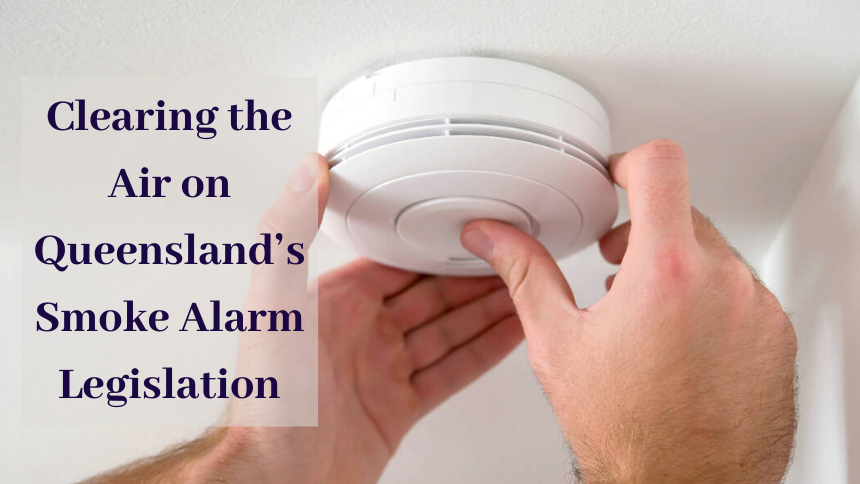A new smoke alarm legislation came into effect o the 1st of January 2017, making Queensland households the safest when it comes to fire incidences.
According to the legislation, every Queensland home must have interconnected photoelectric smoke alarms in every bedroom, as well as hallways leading up to bedrooms.
In regards to this piece, there have been numerous myths flying around, and we thought it wise to clear the air.
We will try to answer some of the most commonly asked questions regarding it.
Who is responsible
One of the critical questions is whether responsibility for complying with domestic smoke alarm is the owner of the building or the corporate body. The answer to this is the responsibility falls on the owner of the dwelling.
What do dwellings constitute
The next question is what exactly constitutes dwellings. This, according to the Act, refers to all private homes, including class 1A, which comprises houses and Class 2, which is composed of units.
According to the act, Owner or Landlord, refers to the person who is responsible for meeting the smoke alarm obligations. The question that is continuously being asked is whether this is accurate. The true position is, the owner or landlord of a dwelling is the responsible identity.
Types of early warning systems
According to the Act, there are two types of early warning fire systems.
1. Stand-alone detector
The first one is the stand-alone detector, which only gets to warn residents of an individual unit. The rest of the units are not alerted. In this case, the owner of a unit is responsible for the installation of smoke alarms and not smoke detectors.
2. Hard-wired addressable detectors
The next type is called the hard-wired addressable detectors. These are usually installed throughout common properties and often report to a central monitoring board. It is usually the responsibility of the body corporate. The body corporate is also mandated to maintain fire detection systems by the BCA, which is the Building Codes Australia. In case tests and monitoring are not conducted, the body corporate will be considered to be in breach of the Act, since it is the responsible identity.
According to the Act, the body corporate, being the managing agent, is responsible for the maintenance and testing of a prescribed fire safety system such as a sprinkler system.
What about Liability?
Another popular question is whose liability is it in case a fire door is within an individually owned lot, and the owner fails to give access. According to this Act, the body corporate, being the managing agent, would be responsible for maintaining and prescribing fire safety systems like doors. They have powers to manage common properties. In the same breath, fire doors to sole occupancy units are considered to be part of the common property, making the body corporate responsible for their maintenance as well as testing.
Conclusion
This new smoke alarm legislation is bound to make Queensland the safest place in Australia when it comes to fire accidents, as well as incidences. It is important to get accustomed to it if you are a resident so that you do not find yourself contravening it.
